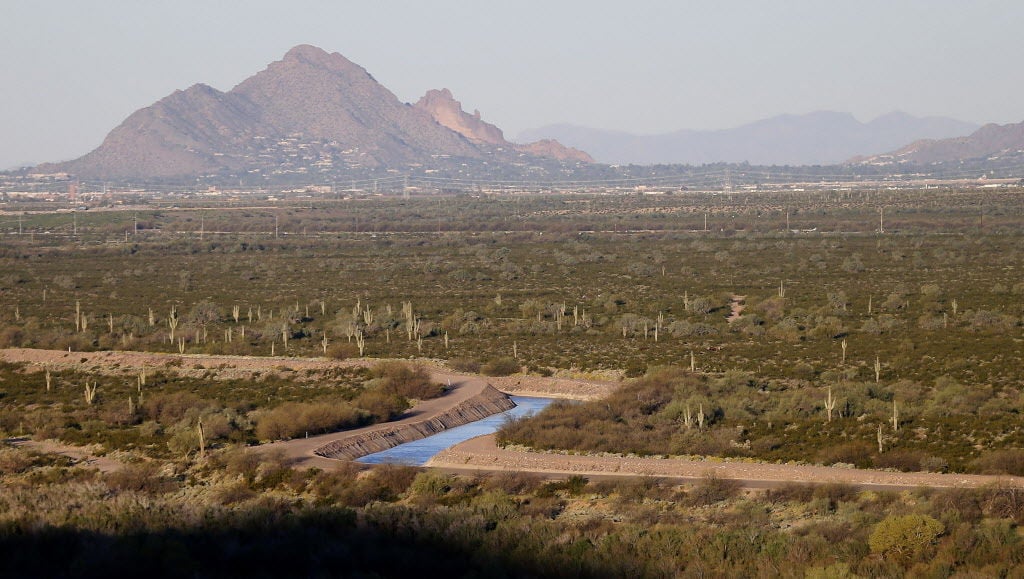We, the four Pima County representatives on the Central Arizona Project (CAP) Board of Directors, read with interest Tony Davis’ September 4, 2016 article “Lake Powell could dry up in as little as six years, study says” on the water resource issues facing Lake Powell and the Colorado River Upper Basin States of Colorado, New Mexico, Utah and Wyoming.
While the article focused on potential water supply risks to the Upper Basin, the health of the entire Colorado River system is of enormous importance to Arizona, where the river is the source of about 40 percent of the water we use in the state, and most of the drinking water we use daily in the Tucson metro area.
CAP and the Arizona Department of Water Resources keep in close contact with our counterparts in the Upper Basin and have for many years worked collaboratively on projects to encourage water conservation and improve the flow of the Colorado River.
But, just as it is critical for the Upper Basin states to work collectively on programs to benefit Lake Powell, CAP and its in-state and Lower Basin partners must continue to take action to protect Lake Mead, as we have been doing for several years.
These programs focus on reducing demand from Lake Mead through conservation and also leaving water in the reservoir when possible.
Our collective efforts averted a declaration of shortage for 2016 and again in 2017, as was recently announced by the U.S. Bureau of Reclamation.
The water left behind in Lake Mead by Central Arizona Project and its partners made the difference. CAP is working with its partners to continue the collective efforts with the goal of avoiding shortage in 2018 if possible.
One such effort is the landmark Pilot System Conservation Program, aimed at funding water-efficiency and conservation projects that reduce demands on the Colorado River.
Our funding partners in this program, which was recognized by the White House earlier this year, include Reclamation and major water providers in California, Nevada and Colorado.
Examples of projects already underway include enhancing agricultural irrigation efficiency, removing turf grass, reducing the amount of CAP water stored underground for the future, irrigation demand reduction through fallowing and replacement of lower water using crops and expanding water reuse.
Another major effort to leave water in Lake Mead began in 2014 with a Memorandum of Understanding signed by CAP, the Arizona Department of Water Resources, the Bureau of Reclamation, and California and Nevada partners.
CAP agreed to leave 345,000 acre-feet in Lake Mead between 2014 and 2017 and will complete that commitment by the end of 2016.
To make this contribution possible, CAP has entered into agreements with 12 Arizona irrigation districts and with several cities in Maricopa County to reduce the use of Colorado River water and conserve water in Lake Mead.
Residents of Pima County are well known nationally for a strong dedication to preserving our groundwater through water conservation, the use of alternative supplies and storing CAP water underground for the future.
In like manner, CAP and our in-state, regional and federal partners are working diligently on many fronts to address the short and long-term risks to the Colorado River, protect Lake Mead and help ensure that the river continues to provide economic, environmental and quality of life benefits into the future.
This month, CAP is kicking off the “Protect Lake Mead” public outreach campaign to provide you with a ready source of information on the status of the Colorado River and its largest reservoir, Lake Mead.
Visit protectlakemead.com regularly for updates.
Lastly, as your elected representatives on the CAP Board, we want to express our thanks for your support for CAP as we address the challenging issues facing all who depend upon the Colorado River.





